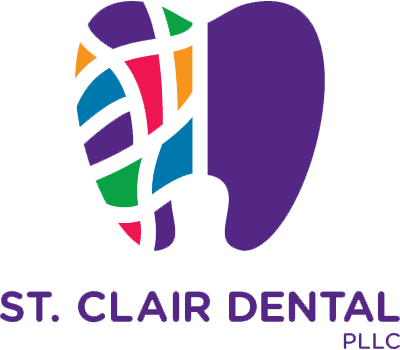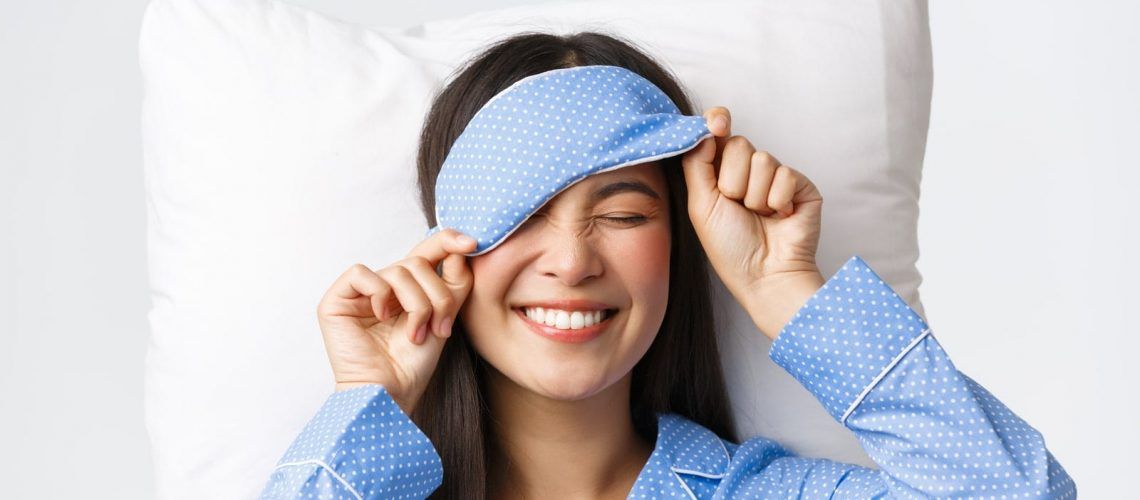Many people agree that having a good night’s sleep can help us function better and have good health overall because this valuable time gives our bodies the time it needs to replenish our bodies and restore our immune system, body circulation, and respiration. It helps reduce stress, keeps our hearts healthy, and, most of all, restores our brain function to keep us awake throughout the following day. However, did you also know that sleeping can impact our oral health as well?
In fact, sleeping can be considered just as important as brushing and flossing your teeth each day. But sadly, not many of us get enough sleep to get all these benefits, either by choice or by intensive life schedules. For some, sleeping is considered a luxury, especially for those who have sleep apnea or intensive work schedules. With poor quality sleep, there are many negative side effects that can impact your oral health. We’re here to outline the benefits of a good night’s sleep and help educate you about some of the side effects of poor sleep.
How Sleep Benefits Your Oral Health
As oral health specialists, our careers involve looking into how each and every aspect of our lives impacts our teeth and gums, and that includes something as small as sleeping. Sleeping and oral health are intricately connected because our sleep quality ultimately determines how our immune systems respond to various diseases present throughout our bodies. Our mouths are highly susceptible to diseases, serious infections, and conditions that need to be taken seriously.
If you constantly suffer from a poor night’s sleep, many problems can occur and develop, affecting your oral health and putting your teeth and gums at risk. These problems can include:
- Dry Mouth: Having sleep apnea or a poor immune system from a lack of sleep can lead to dry mouth, causing the mouth to develop bacteria freely from any sugar leftover from food debris. Poor saliva development can lead to an increase in cavities and gum disease as a result.
- Bruxism: Suffering from teeth grinding can inadvertently cause poor sleep. This condition wears down the enamel of the teeth, causing the enamel structure to become more susceptible to teeth stains and cavities from bacteria.
- TMJ Disorder: TMJ disorder can cause an increase in pain and psychological stress, all of which contribute to poor sleep. With sleep quality impaired due to the presence of TMJ disorder, it can also lead to poor oral health, such as cavities and gingivitis due to a weakened immune system.
Our Recommendations For Better Sleep
When it comes to sleep and your oral health, we recommend trying to get at least 8 hours of sleep each day. If you can’t abide by the full 8 hours, try and take naps throughout the day to supplement that loss of sleep. You can also seek out a sleep specialist to assess your health and help give you better sleep for longer. For symptoms of bruxism or TMJ disorder while sleeping, visit your local dentist or orthodontist to find the solutions you need for better sleep.

